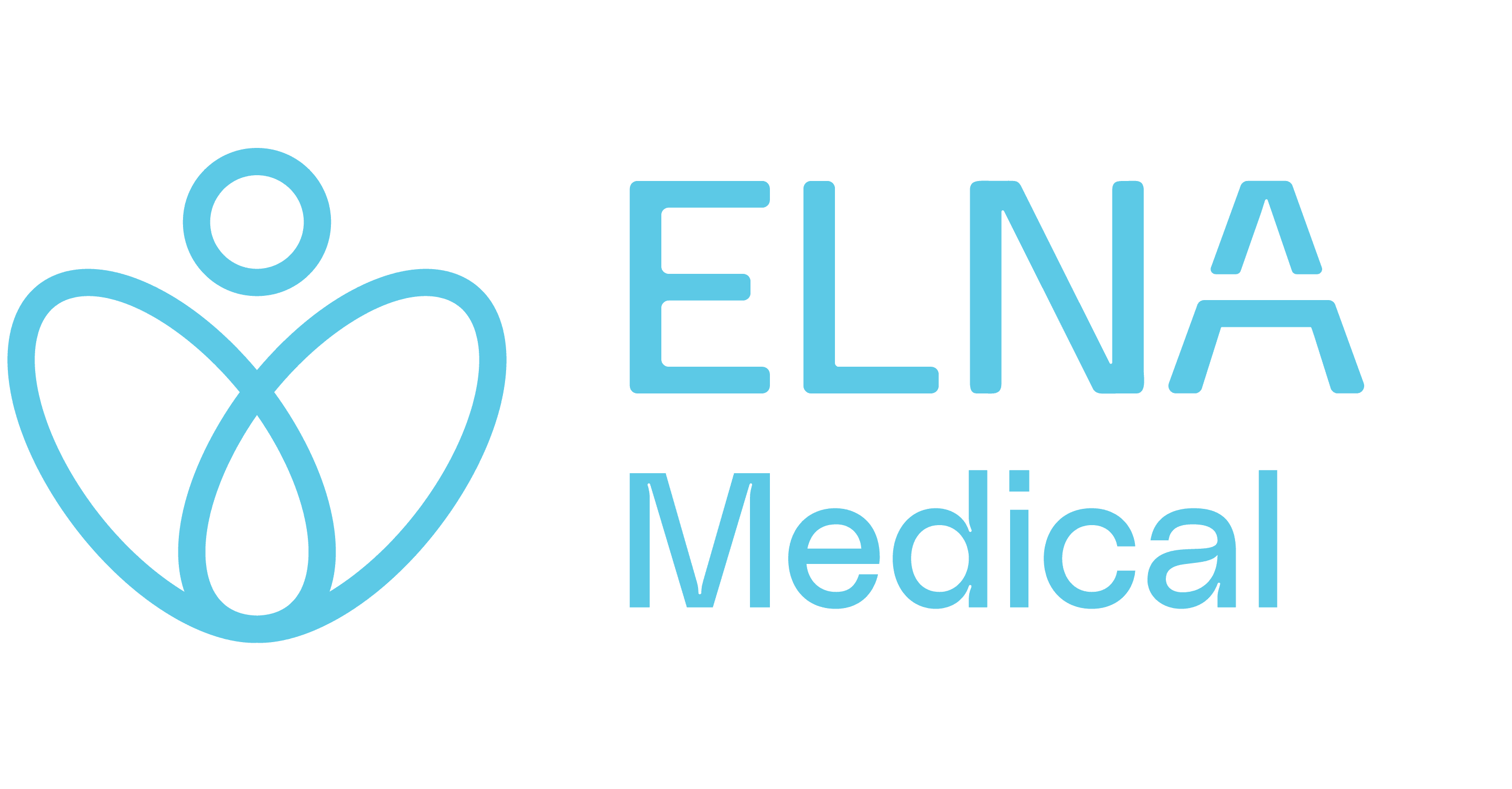Diabetes affects millions of people worldwide, including 1.2 million in Quebec alone. For many people, this chronic disease can go unnoticed for years, even though it can lead to complications of varying degrees of severity.
Are you wondering whether you or a loved one could be suffering from this disease? Let’s explore together how to detect the first signs and what to do if symptoms appear.
- Different types of diabetes
- Risk factors
- Signs and symptoms
- Diagnosis
- Solutions
- Healthcare providers
- Consult a healthcare professional
The different types of diabetes mellitus
Diabetes, or diabetes mellitus, is a disease in which the body is no longer able to regulate blood sugar levels properly, resulting in a build-up of glucose (hyperglycemia). There are several types of diabetes.
Type 1 diabetes
This is an autoimmune disease in which the body attacks its own cells that produce insulin, a hormone produced by the pancreas. It is most common in young people under 20 and in children. This type of diabetes requires regular injections of insulin.
Prediabetes
Prediabetes occurs when blood glucose levels are higher than normal, but not high enough to be considered diabetes. This stage is reversible, but increases the risk of developing type 2 diabetes and cardiovascular disease. Medical follow-up and lifestyle changes can help prevent it.
Type 2 diabetes
This is the most common type of diabetes, affecting 9 out of every 10 people with diabetes. Type 2 diabetes mainly affects adults aged 40 and over, although more and more young people are affected. It is often linked to lifestyle habits, and can therefore be avoided or slowed down.
Gestational diabetes
Gestational diabetes occurs in some pregnant women towards the end of the sixth month of pregnancy. It can increase the mother’s risk of developing type 2 diabetes after delivery. A screening test is recommended for all pregnant women between the 24th and 28th week of pregnancy.
All types of diabetes carry risks of developing serious diseases or complications: kidney problems (renal failure), cardiovascular problems (stroke, heart attack, etc.), vision problems that can lead to blindness, nerve problems, circulation problems and other health problems. What’s more, living with diabetes can reduce quality of life if the disease is not properly managed.
Think you might have diabetes?
Ask an ELNA healthcare professional for advice.Main risk factors and causes of diabetes
Some people are at greater risk of developing a form of diabetes, especially type 2. Here are a few factors to watch out for in yourself and your loved ones:
- Age: The risk is greater over the age of 40.
- Gender: Men are more affected than women.
- Genetic predisposition: Having a close relative with diabetes increases the risk.
- Obesity and overweight: This is the main cause of type 2 diabetes. Excess weight often leads to insulin resistance. Fat accumulated around the abdomen is particularly hazardous to health.
- Lifestyle habits: A diet rich in sugars and saturated fats, a sedentary lifestyle, smoking and excessive alcohol consumption all contribute to the risk of developing diabetes.
- Stress and sleep disorders: These can unbalance hormones and raise glucose levels.
- Mental health disorders: Schizophrenia, depression and bipolar disorder increase the risk of developing type 2 diabetes.
- Associated conditions: Certain diseases or conditions such as high blood pressure, cholesterol, HIV or polycystic ovary syndrome (PCOS).
These factors also influence the risk of serious complications. If you meet several of these criteria, it’s particularly important to be alert to the signs of diabetes. Don’t hesitate to talk to an ELNA Medical doctor.

Signs and symptoms of type 2 diabetes
Many diabetics ignore their condition, thinking that symptoms are due to stress or age. Here are the most common signs that may indicate a blood sugar problem and type 2 diabetes:
- Excessive thirst and dry mouth.
- Frequent need to urinate, often at night.
- Unusual fatigue and lack of energy.
- Unwanted weight gain or loss, even if you haven’t changed your habits.
- Increased hunger despite a regular diet.
- Blurred vision or reduced vision, especially for those who are already sensitive.
- Recurrent infections and difficulties in healing (small cuts, bruises).
- Tingling or numbness in hands and feet, signs of nerve damage.
- Dizziness
Diabetes symptoms can vary from person to person and vary in intensity. If you experience several of these signs, it’s a good idea to seek medical advice and, if necessary, undergo a screening test. Early detection is essential.
Diabetes screening test
Testing for diabetes is quick and easy. In the clinic, your doctor can offer several types tests to measure the glucose level in your blood. Here are the main screening tests:
- Fasting blood sugar (FBS): measures glucose levels after a period of fasting. High levels indicate insulin resistance or the onset of diabetes.
- Glycosylated hemoglobin (AC1): This indicator shows the evolution of glucose levels over the last two to three months, allowing you to check the stability of blood sugar.
- Glucose tolerance test: This test involves ingesting a sugar solution, followed by a blood glucose measurement. An abnormal response indicates a risk of diabetes.
These tests are often recommended for people with risk factors. Early detection enables better management and prevents long-term complications. Talk to your doctor.

Solutions for preventing and living with diabetes
Diabetes treatment and management vary according to the type of diabetes and the condition of each patient. A healthcare professional can develop a treatment plan tailored to your health and lifestyle, including :
- Lifestyle changes: The best way to prevent or delay the onset of diabetes is to adopt healthy lifestyle habits. A varied, balanced diet rich in fiber and low-glycemic-index foods helps maintain stable blood sugar levels and a healthy weight. Regular physical activity, even in moderation, also reduces blood sugar levels. Limiting alcohol and tobacco consumption is also essential.
- Stress management: Stress tends to raise blood sugar levels; practices such as yoga and meditation can help to manage this dimension. Getting enough regular sleep can also benefit your well-being.
- Medication: For type 2 diabetes, certain medications help regulate blood sugar levels by stimulating insulin production or reducing glucose absorption. For type 1 diabetes, insulin injections are essential.
- Monitoring blood sugar levels: For diabetics, it is essential to measure blood sugar levels on a regular basis in order to adapt diet and treatment. Various devices are available.
- Regular medical follow-up: As a chronic disease, you need regular follow-up with a healthcare professional to adapt your treatment plan and avoid complications.
Depending on the diagnosis and type of diabetes, your doctor may also suggest a personalized follow-up program.
Professionals and healthcare for diabetes
If you have symptoms or risk factors for diabetes, your first point of contact should be your family doctor. Here are the different healthcare professionals who can help you:
- General practitioners and nurses: For initial diagnosis, lifestyle advice, regular disease monitoring (such as blood glucose testing), prescription of medication and referral to other health services.
- Endocrinologists: Specializing in the treatment of diabetes and other disorders associated with the endocrine glands, they can prescribe appropriate treatments and help manage the disease over the long term.
- Nutritionists and dieticians: To establish a dietary program and help you make the right choices to regulate your blood sugar levels and regain a healthy weight.
People with diabetes can also benefit from community resources, awareness programs and support services to help them live better with the disease. Don’t hesitate to ask your clinic or local support groups for more information.

Consult a healthcare professional
Whether you’re at risk or experiencing symptoms, it’s a good idea to consult a doctor to find out if you need to be screened. Thanks to early diagnosis, appropriate follow-up and lifestyle changes, many people are able to manage their diabetes successfully and maintain their quality of life.
Ask an appointment at ELNA
Sources | Diabetes Quebec | Canada Health – Diabetes | INSPQ – Portrait du diabète | Merck Manual – Diabetes Mellitus (DM) | Cleveland Clinic – Diabetes















